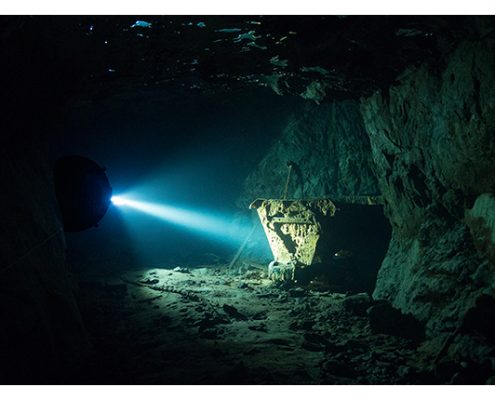
LPRC presenting UNEXUP to Instituto Superior Técnico – TÉCNICO LISBOA
Last week, on 25 November 2020, the UNEXUP and UNEXMIN projects…
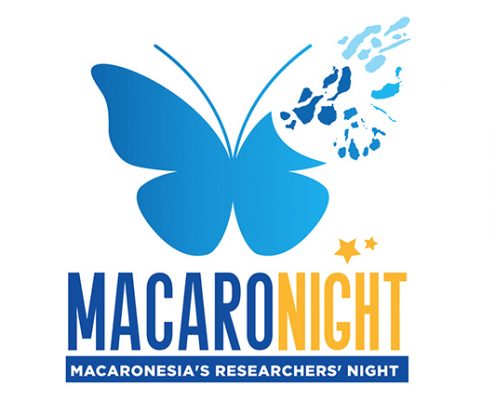
Today is “MacaroNight” day!
On this 27 November 2020, all around Europe the European Researchers'…
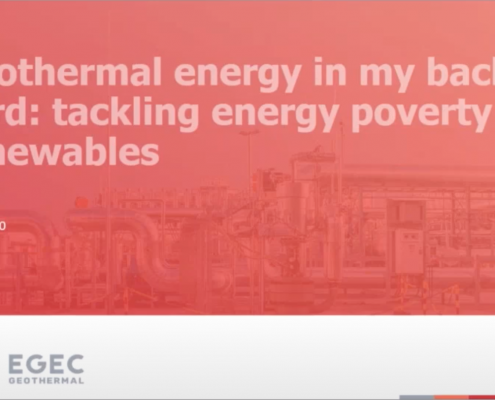
LPRC at the “Geothermal energy in my backyard: tackling energy poverty with renewables” webinar
On June 25, took place the “Geothermal energy in my backyard:…
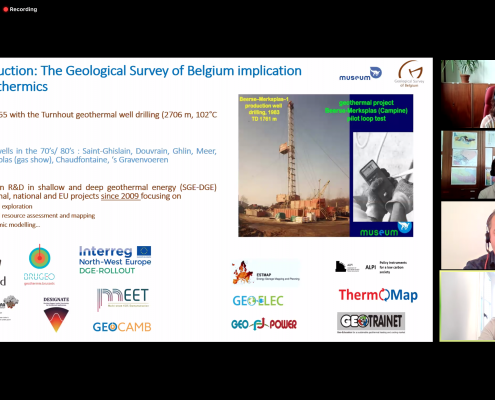
LPRC participates in the GeoConnect³d event
On the 24 June, the European Federation of Geologists hosted…
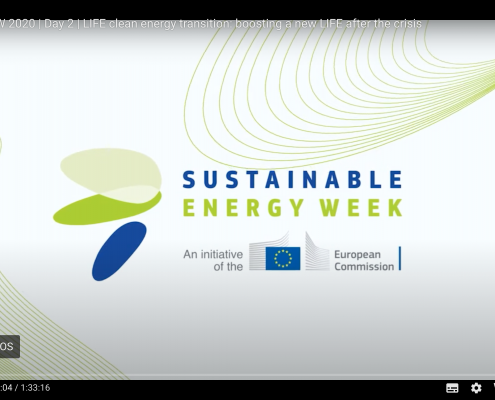
LPRC attends the EU Sustainable Week (part 2)
LPRC participated in this year's EU Sustainable Energy Week (EUSEW…

LPRC attends the EU Sustainable Week (part 1)
LPRC participated in this year's EU Sustainable Energy Week (EUSEW…
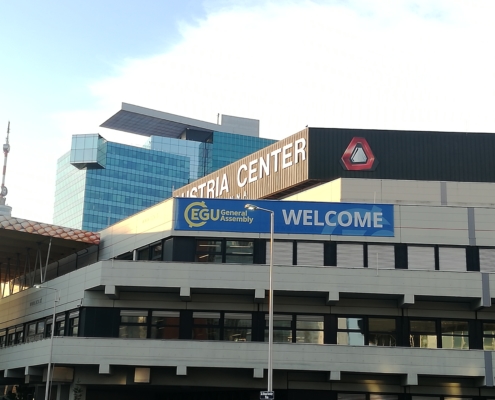
EGU 2020 online event from LPRC’s eyes
Last week, the LPRC team presented some of its projects at the…
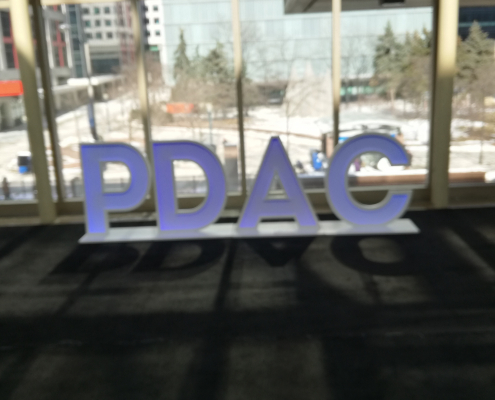 La Palma Research Centre
La Palma Research CentreLPRC at PDAC 2020
LPRC member Luís Lopes was present at the most recent PDAC convention,…
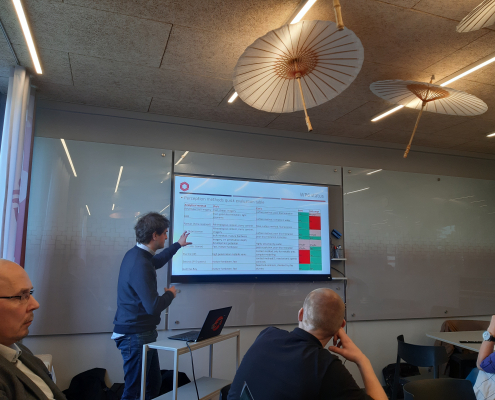
ROBOMINERS Consortium Meeting, Tallinn
It was in Tallinn, Estonia, that the ROBOMINERS project partners…
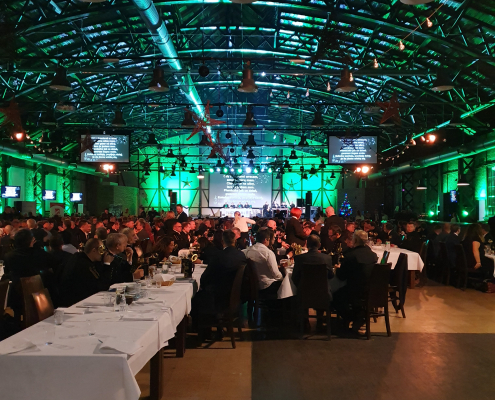
MIREU Workshop, Krakow
The MIREU Project is establishing a network of mining & metallurgy…
